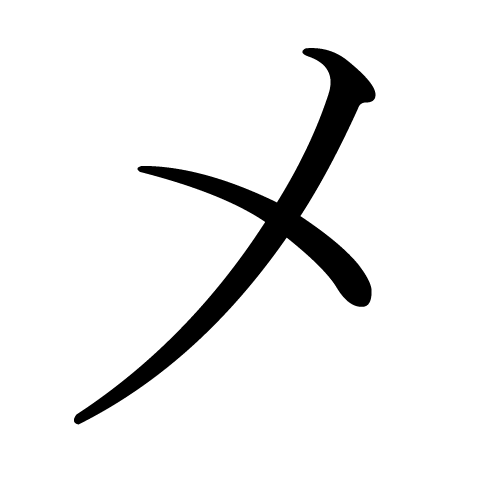
There are some things that are supposed to be sacrosanct on the internet: one of them is that URIs, web addresses to you and me, should never change once they have been allotted. Now, in reality, web addresses get deleted or modified all the time — but I don’t like to be the culprit. Despite that purism, I have just changed the name of one of my post categories. I think it changes the address of 2 or maybe 3 posts so the internet will survive!
Six or so years ago when I created a category for ‘theological’ reflections on chronic illness I called it ‘Theology of Fatigue’. Six years ago I remember not caring what anybody called my illness — CFS or ME made no difference to me. Now I am more sensitive! I have realised that whenever I say Chronic Fatigue Syndrome on the whole what people hear is the one word ‘fatigue’ — they think I am tired a lot and they measure that by their own experience of being tired. There are few things as alienating as being told ‘oh I know, I get tired too’. (Also read Toni Bernhard’s post ‘What Those with Chronic Pain or Illness DON’T Want to Hear‘.)
Well I am tired a lot but that misses the real experience of having ME. Fatigue is almost peripheral. Some days the cognitive problems of ‘brain fog’ are to the fore; some days it is dizziness; other times digestive symptoms, or allergies, or hypersensitivity to sound or light, or waking up as tired as the night before, or muscle and joint pain. Fatigue in itself isn’t the core problem, the ease with which fatigue happens is, and the effects of fatigue on all the other symptoms. The problem is called post-exertional malaise (PEM). I can walk slowly for 30 minutes. I can see a person for some spiritual direction for 50 minutes. I can visit my mother in the nursing home for 10 minutes. But if I walk for 35 minutes, or speed up a little bit, or if the spiritual direction goes on for 10 minutes extra or the visit another five, then there will be consequences. Post-exertional malaise might hit within the hour or it might wait a few hours — sometimes it happens a day or more later. It has two aspects: the malaise part of it feels (to me) like the fatigue and malaise of having flu with the malaise of jet-lag thrown in; the other aspect is that some or all the other symptoms flare up too. A sure sign I am ‘doing too much’ is when my hands or feet swell up with what my doctor called ‘idiopathic urticaria/angiooedema’. Large doses of antihistamines normally keep it at bay but when my symptoms flare it turns up again. And I don’t know whether the PEM will last an hour, a day, or a month.
That’s all to say ‘Theology of Fatigue’ as a category has gone and been replaced by ‘Theology of Chronic Illness’. All I need to do now is actually add some theology to the category!